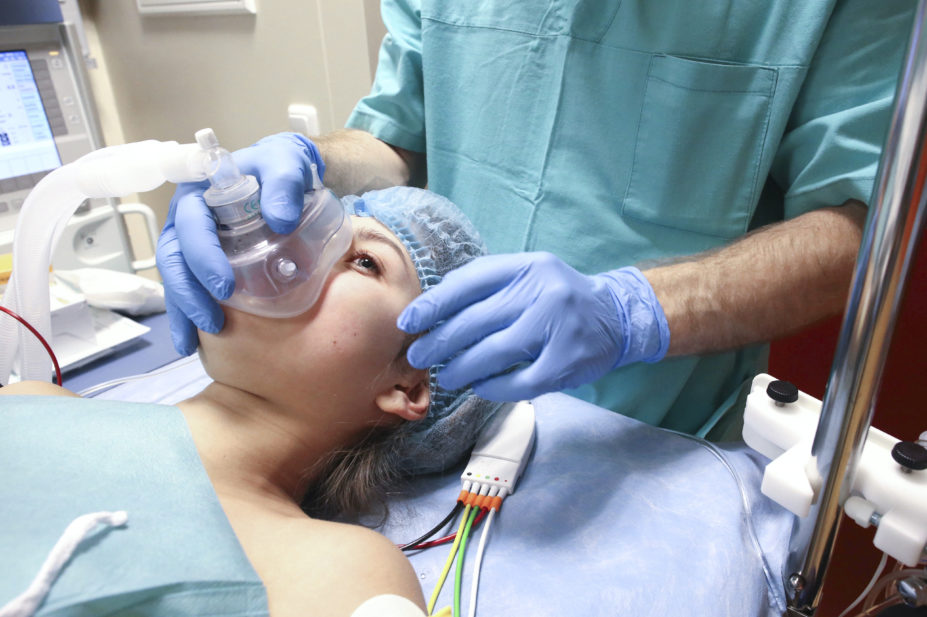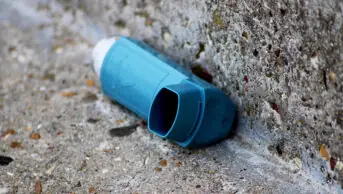
SPUTNIK / SCIENCE PHOTO LIBRARY
The NHS says it has cut its carbon emissions by 52.9 kilotons of carbon dioxide equivalents (ktCO2e) per year owing to a reduction in the use of the anaesthetic gas desflurane since 2018/2019.
Papers published ahead of an NHS England board meeting on 24 June 2021 noted that “anaesthetic gases are among the single most carbon intensive medicines available, with desflurane among the most intensive”.
As part of its efforts to reduce emissions, the NHS set out to cut the use of desflurane by switching to lower carbon alternatives, such as sevoflurane, which, the papers say, is “clinically equivalent”.
It targeted a reduction of desflurane as a percentage of all volatile gas use by volume “from 20% in 2020/21 to 10% in 2021/22 across all NHS providers”.
“Significant progress has been made up to April 2021, with total use at 10.3% in 2020/2021 (against a baseline of 23.1% in 2018/2019),” the papers said.
“Combined with a reduction in overall desflurane use seen throughout the pandemic, this represents an annualised reduction of 52.9 ktCO2e, the equivalent of 192 million miles travelled in an average car.”
However, the papers noted that, owing to an increase in elective care over the next few months, the figure may rise.
The board papers said that the NHS will need to “work with our key partners, including the Association of Anaesthetists and Royal College of Anaesthetists, to ensure that, as we restore services and recover elective activity, we maintain progress”.
The increase in virtual appointments over the past year has also led to significant carbon savings, the papers added.
In the past year, the delivery of more than 22 million virtual outpatient appointments means “potential carbon savings of 111 ktCO2e”. In primary care, almost 137 million virtual appointments have saved “an estimated 75 ktCO2e”.
“Going forward, emissions in primary care and outpatient appointments are expected to rise somewhat, with care needed to establish a new baseline which balances the need for face-to-face and digitally-enabled interactions, increasing access and efficiency,” the papers said.
In October 2020, NHS England and NHS Improvement set out plans to become the world’s first “net zero” national health service.
As part of this, it aims to reduce the NHS’s carbon footprint to net zero by 2040, with an 80% reduction by 2028–2032.
Read more: PJ view: Everyone must do more on the climate emergency — and that includes us


